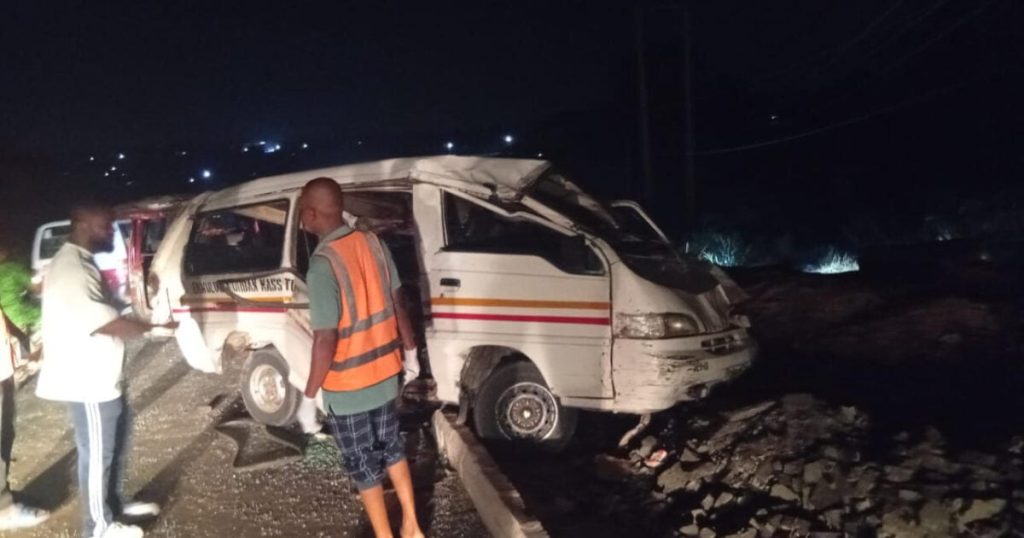The government of Zimbabwe is taking decisive action to combat a food security crisis exacerbated by an El Nino-induced drought. In a recent press briefing in Harare, Information Minister Jenfan Muswere emphasized the government’s commitment to addressing the situation.
The First Round Crop, Livestock, and Fisheries Assessment is currently underway to evaluate the impact of the drought on agricultural production. Despite efforts to climate-proof crops, many have been lost due to delayed rains and prolonged dry spells.
With only a fraction of the country’s dams being utilized for irrigation, the government is focusing on improving infrastructure to increase food sufficiency. Plans are in place to rehabilitate and develop irrigation systems, with a goal of expanding irrigated land by thousands of hectares annually.
Additionally, the government is drilling boreholes to assess their functionality and ensure sustainable water access for agriculture. Village Business Units are being established to help communities adapt to the effects of climate change and promote innovative irrigation development programs.
As Zimbabwe works to overcome the challenges posed by the drought, it is clear that a comprehensive approach to food security is essential. By prioritizing irrigation infrastructure and sustainable agricultural practices, the government is taking proactive steps to ensure that no one is left behind in the quest for food sufficiency.



